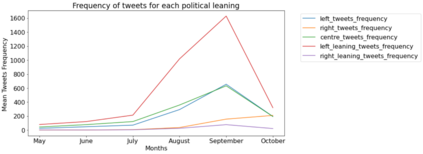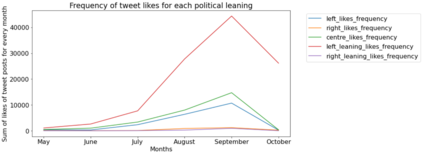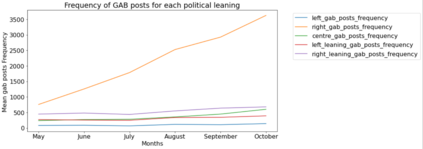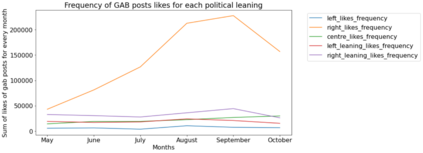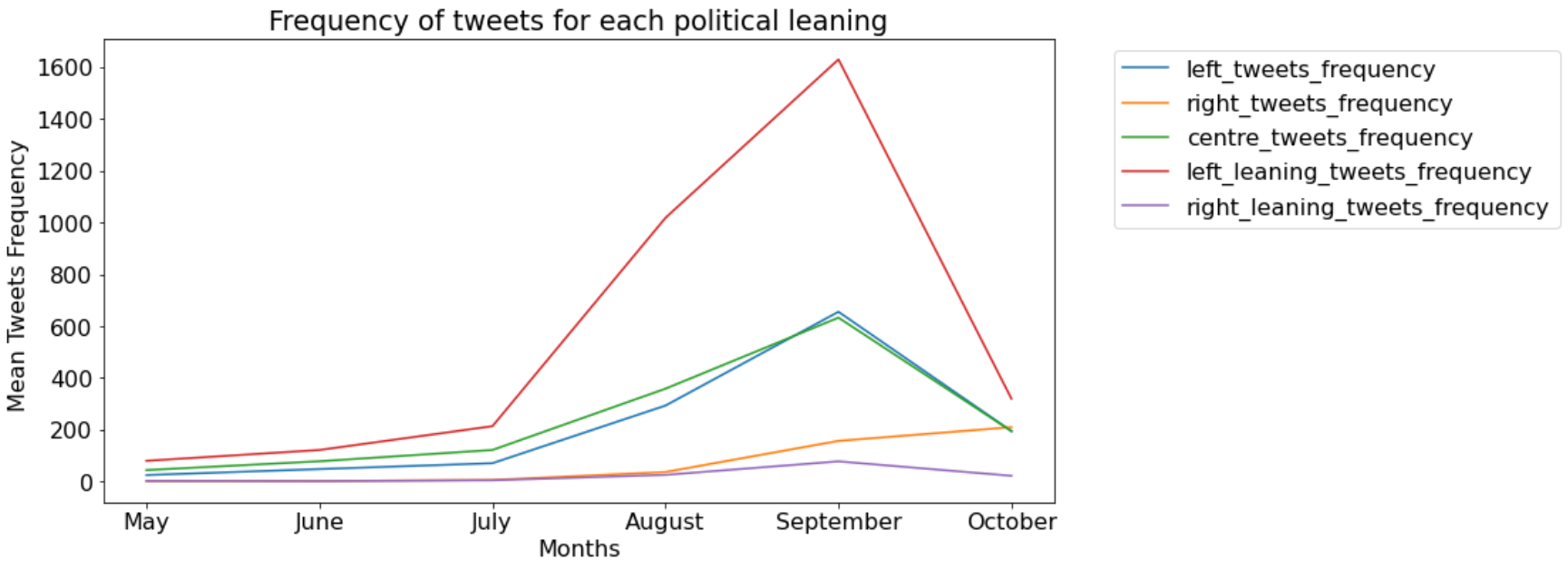Understanding and mitigating political bias in online social media platforms are crucial tasks to combat misinformation and echo chamber effects. However, characterizing political bias temporally using computational methods presents challenges due to the high frequency of noise in social media datasets. While existing research has explored various approaches to political bias characterization, the ability to forecast political bias and anticipate how political conversations might evolve in the near future has not been extensively studied. In this paper, we propose a heuristic approach to classify social media posts into five distinct political leaning categories. Since there is a lack of prior work on forecasting political bias, we conduct an in-depth analysis of existing baseline models to identify which model best fits to forecast political leaning time series. Our approach involves utilizing existing time series forecasting models on two social media datasets with different political ideologies, specifically Twitter and Gab. Through our experiments and analyses, we seek to shed light on the challenges and opportunities in forecasting political bias in social media platforms. Ultimately, our work aims to pave the way for developing more effective strategies to mitigate the negative impact of political bias in the digital realm.
翻译:暂无翻译

